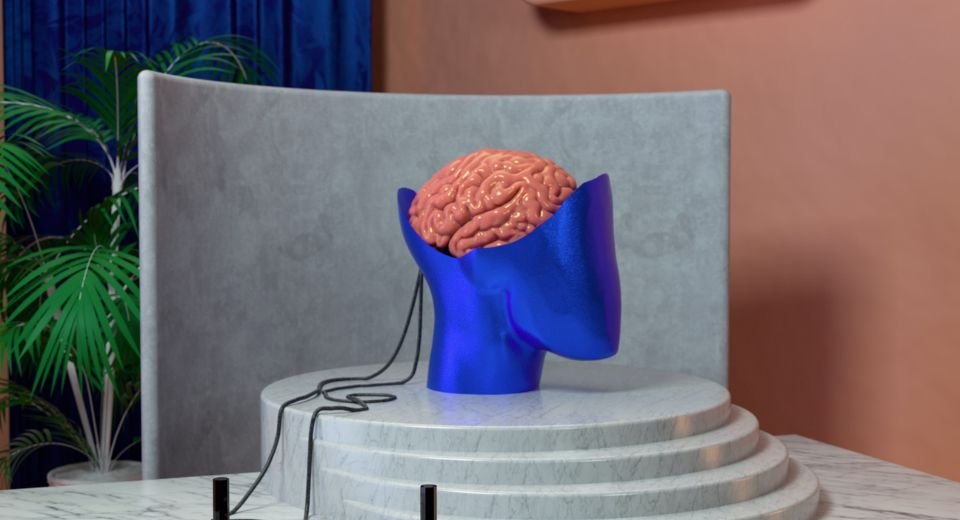HQ Team
April 23, 2023: Music can prevent cognitive decline in healthy seniors by stimulating the production of grey matter, a study by the University of Geneva found.
Practicing and listening to music can promote healthy aging, according to the study, which researched more than 100 retirees after enrolling them in piano and music awareness training for six months.
During one’s lifetime brain remodels itself. Brain morphology and connections change according to the environment and the experiences, for instance, when we learn new skills or overcome the consequences of a stroke.
“However, as we age, this ‘brain plasticity’ decreases. The brain also loses grey matter, where our precious neurons are located. This is known as ‘brain atrophy,'” or cognitive decline, the study published in NeuroImage stated.
Working memory, at the center of many cognitive processes, is a cognitive function that suffers the most.
Working memory
Working memory is the process in which we briefly retain and manipulate information to achieve a goal, such as remembering a telephone number long enough to write it down or translating a sentence from a foreign language.
The study was led by the University of Geneva, the University of Applied Sciences and Arts of Western Switzerland, and The École Polytechnique fédérale de Lausanne, a research institute and university in Lausanne, Switzerland.
Music practice and active listening could prevent working memory decline, according to the researchers. Such activities promoted brain plasticity and were associated with increased grey matter volume.
Positive impacts have also been measured on working memory.
This study was conducted among 132 healthy retirees from 62 to 78 years of age. One of the conditions for participation was that they had not taken any music lessons for more than six months in their lives.
Active listening lessons
“We wanted people whose brains did not yet show any traces of plasticity linked to musical learning,” said Damien Marie, the study’s first author.
“Indeed, even a brief learning experience in the course of one’s life can leave imprints on the brain, which would have biased our results,” he said.
The participants were randomly assigned to two groups, regardless of their motivation to play an instrument.
The second group had active listening lessons, focusing on instrument recognition and analysis of musical properties in various musical styles.
The classes lasted one hour. Participants in both groups were required to do homework for half an hour daily.
“After six months, we found common effects for both interventions,” Mr Marie said.
Plasticity
Neuroimaging revealed increased grey matter in four brain regions involved in high-level cognitive functioning in all participants, including cerebellum areas involved in working memory.
“Their performance increased by 6%, and this result was directly correlated to the plasticity of the cerebellum,” said Prof Clara James, the study’s last author.
The scientists also found that the quality of sleep, the number of lessons followed throughout the intervention, and the daily training quantity positively impacted the degree of performance improvement.
The study also found a difference between the two groups.
In the pianists, the volume of grey matter remained stable in the right primary auditory cortex – a key region for sound processing, whereas it decreased in the active listening group.
“In addition, a global brain pattern of atrophy was present in all participants. Therefore, we cannot conclude that musical interventions rejuvenate the brain. They only prevent aging in specific regions,” Mr Damien Marie said.
The researchers will now evaluate the potential of these interventions in people with mild cognitive impairment, an intermediate stage between normal aging and dementia.


